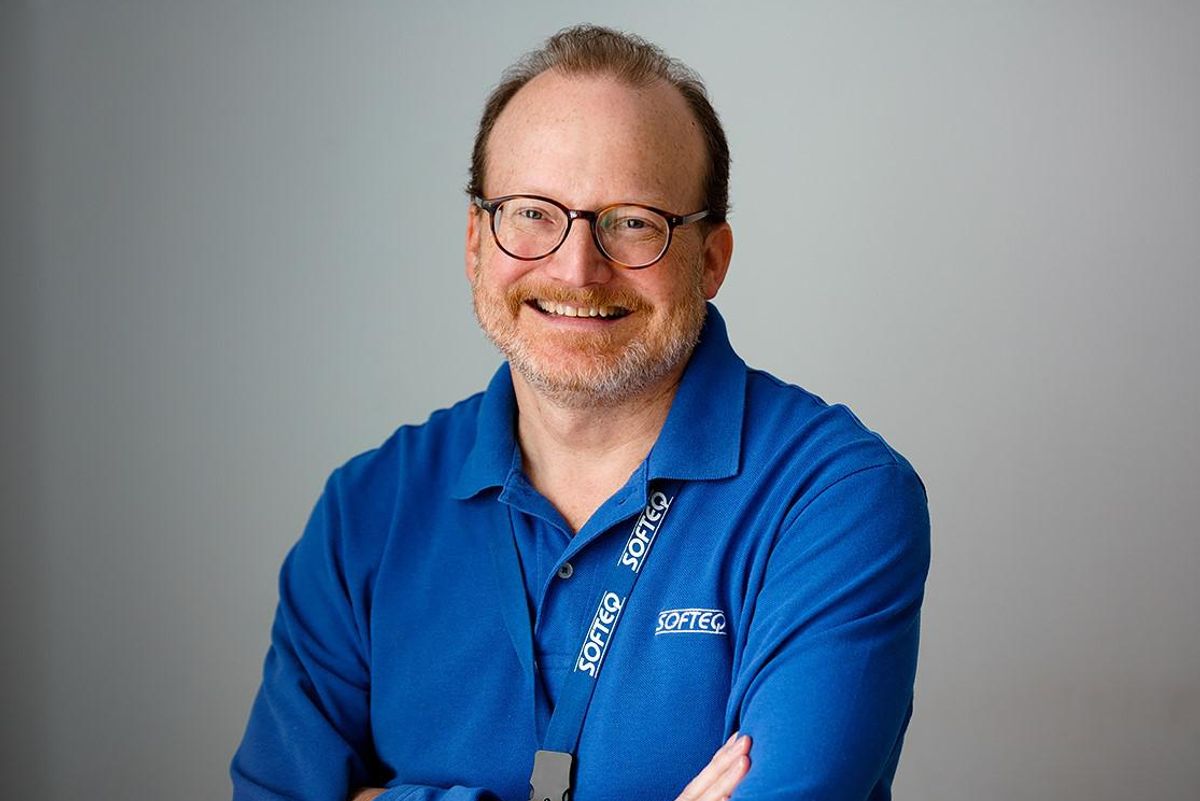Spring cohort announced for Houston tech company's startup accelerator
ready to grow
A Houston tech company has announced the latest cohort of its accelerator program, bringing the total number of startups supported by the company to 63.
Softeq Development Corp., a technology services development company, named 14 new startups joining its three-month spring Softeq Venture Studio cohort.
“We are so proud of the success we have had with the Softeq Venture Studio, helping to support and secure funding for 63 startups to date through the Softeq Venture Fund," says Christopher A. Howard, founder and CEO of Softeq. "With 23 of 89 founders coming from outside of the U.S., we demonstrate Houston’s growing influence as a startup hub where entrepreneurs can find a welcoming innovation community, a strong talent base, and world-class research facilities."
The spring 2023 cohort for Softeq includes:
- Houston-based AIM7, data intelligence platform that unlocks wearable and mHealth data to provide customized and predictive wellness solutions.
- Avendly, based in Providence, Rhode Island, makes robotic automation for restaurants to help, not supplant humans. Its first of many products is Mixibot, an integrated back-bar cocktail vending system.
- Founded in Austin, ClioVis, is meeting today’s content-creator students where they are and how they learn. The company provides unique experiential learning tools designed for today’s content-creator students who learn by doing, not lectures.
- Based in Tel Aviv, Israel, Flometrica, is a digital health solution featuring "use anywhere" devices to remotely monitor and diagnose various urinary tract problems through analysis of different urine parameters.
- Gophr, from Lake Charles, Louisiana, is a technology-driven logistics company that provides tailored and efficient delivery solutions for various industries, individuals, and businesses of all sizes.
- Chicago-based KarChing puts cash in teens’ hands for safe driving. The only app built for parents, teens, and insurance companies that rewards drivers for phone- and distraction-free behavior behind the wheel.
- Houston-founded Meander collects travel customer satisfaction micro-surveys as people go about their trips. The research platform rewards travelers for sharing their pics, videos, and insights.
- MEedia, based in Sacramento, California, puts a professional press conference event in your pocket. Individuals can create broadcast-worthy interactive shareable content with just their phone.
- MeterLeader, from Huntington Beach, California, gamifies saving energy in homes by using real-time utility data and behavioral science. We're like a Fitbit challenge for your home, but instead of steps we measure kWh, therm, and CO2 reductions.
- Houston-based PayOnDelivery, integrates secure payment with delivery for markets like Craigslist and Facebook. It’s low-hassle, fraud-free buying and selling for peer-to-peer marketplaces.
- Another Lake Charles business, Picasso Analytics has a platform that can reduce delays and save oil refiners and petrochem owners 10 to 15 percent on multi-million dollar turnaround events by providing a single source of truth integrating the schedule, time entry, and shop status.
- Sarasota, Florida-based Toivoa develops software-based therapies for people with disabilities who experience mental health disorders. On track for FDA approval, the platform is prescription-based, clinically validated, and delivered on your phone.
- UpBrainery Technologies, founded in Houston, helps students explore careers through digital experiences. AI guides their interests in career paths and credentials their achievements for employers and colleges.
- Also from Houston, WellWorth (https://wellworthapp.com/), is a financial modeling SaaS platform that helps upstream oil and gas finance leaders improve their decision-making around raising, managing, and deploying capital.
Softeq Venture Studio launched over a year ago with its inaugural cohort in 2021, and the fund was launched last year. Since launch, Softeq has raised 80 percent of its inaugural $40 million Softeq Venture Fund and made investments in 63 startups. Softeq has also reformatted its accelerator program to include two cohort classes per year, allowing for more time to be spent with the Venture Studio and its cohort startups.

 Christopher A. Howard is the founder and CEO of Softeq. Photo courtesy of Softeq
Christopher A. Howard is the founder and CEO of Softeq. Photo courtesy of Softeq

 Apple doubles down on Houston with new production facility, training centerPhoto courtesy Apple.
Apple doubles down on Houston with new production facility, training centerPhoto courtesy Apple.

